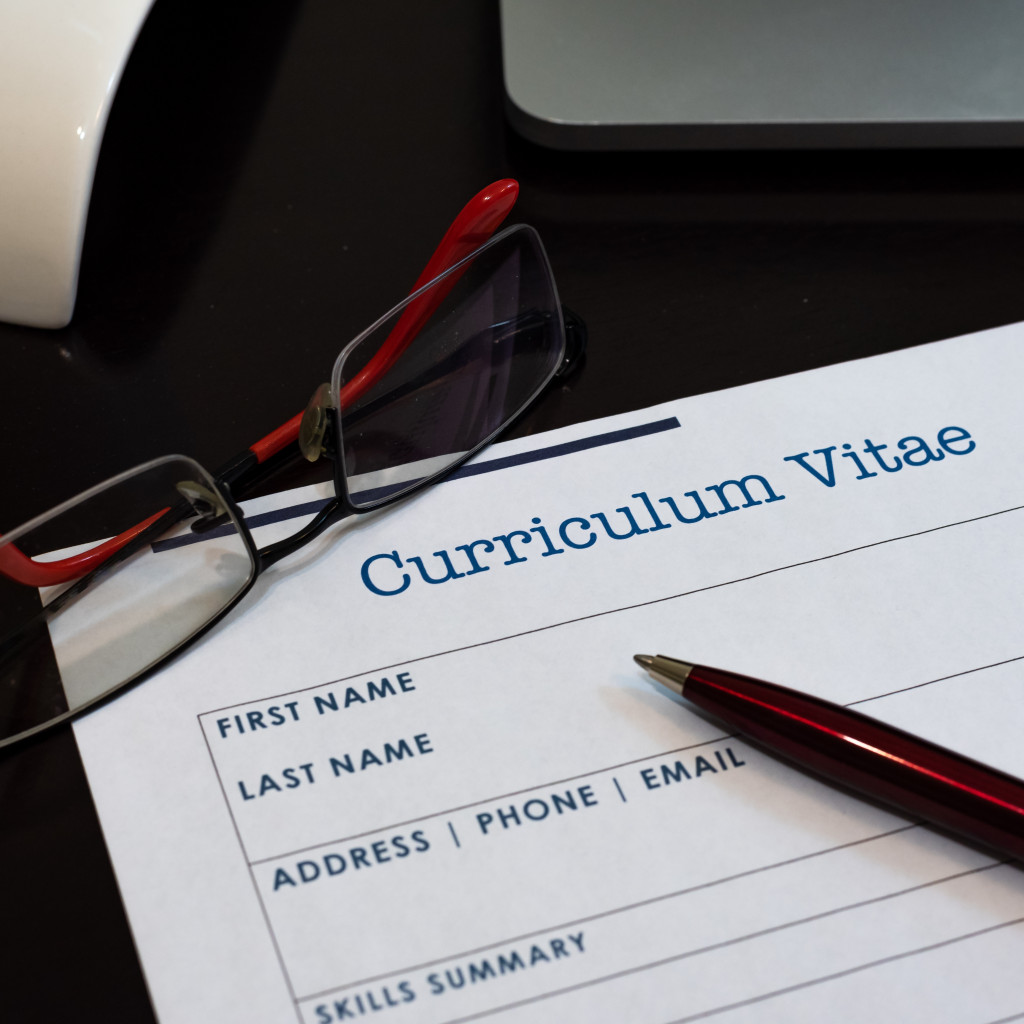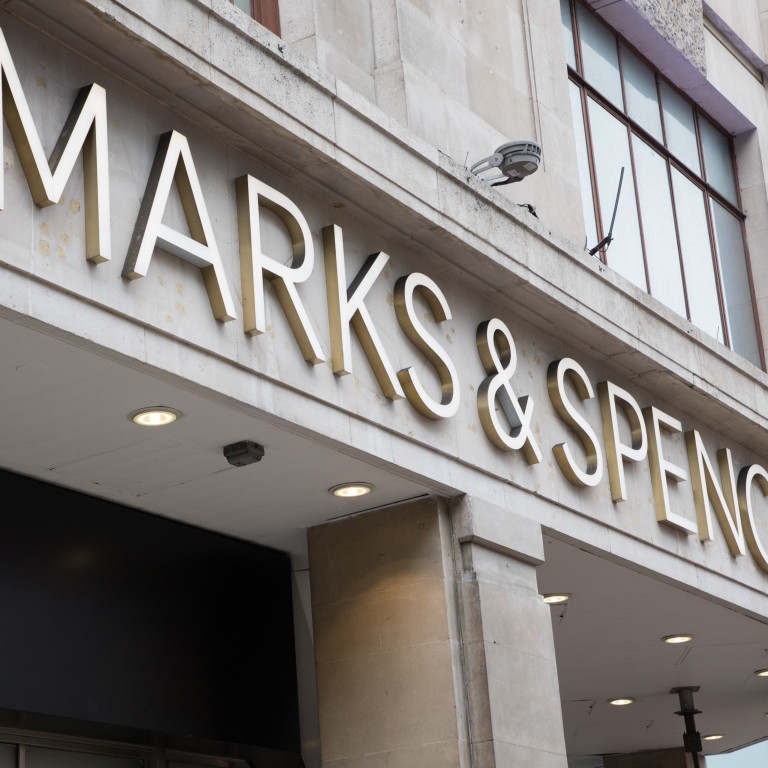‘Fake it till you make it’ is a phrase known to many; it means to act confidently in what you’re doing when you don’t feel it until you achieve your objective. This article considers the risks associated with job applicants using artificial intelligence (AI) to complete recruitment exercises and how it may impact your business.
ChatGPT has become well-known in recent months. In essence, ChatGPT is a form of generative AI which creates human-like responses. It has a variety of functions which include content creation. There is clear potential for abuse in the job application process.
As an employer, you may already be using AI to work smarter, or the concept of AI might seem daunting. Whilst AI has many benefits, there are potential implications on aspects of HR processes which should be considered.
When you recruit new staff, you will likely be looking for the most suitable candidate that will meet required competencies for the role. What if you find yourself in a situation where a candidate’s job application is outstanding, and you offer them a job however it later materialises that the employee is not nearly as competent as their application seemed?
In fact, they are nothing like that job application and you now have to consider terminating their contract and going through the whole recruitment process again, with attendant loss of time, money and support for your business. With the growing use of generative AI, in particular ChatGPT, this risk is only likely to increase.
How Can AI Be Used By Job Applicants?
When you ask ChatGPT how it can assist with writing a job application, it comes up with several suggestions. ChatGPT suggests it can:
· help maintain a professional tone.
· proofread and edit.
· edit and reword CVs and cover letters.
· answer common interview questions and tailor the response to a candidate’s style and experiences. This is done by users entering ‘prompts’. For example:
“Review my covering letter, CV and the job advert. Prepare a 500 word response for why I want to work for X company. Include that I align with their vision and values of organic growth, hard work and strong client relationships and evidence my attention to detail and collaborative work. Make specific reference to my track record of excellent leadership in my current role.”
How can you spot falsified job applications?
· When a candidate is interviewed, think about whether they sound as knowledgeable as their application seems. Of course, it can be expected that candidates may be nervous and not present the best form of themselves during interviews, however a significant different to their application should set alarm bells ringing.
· Use AI yourself before you interview candidates. You could ask ChatGPT to answer your recruitment questions and see if the answers seem similar to the applicant’s.
· Set clear standards, e.g. you could add a warning in the job advertisement, that the use of AI is strictly forbidden to assist in any way with the interview/application process.
· Gain an understanding now about what generative AI is and how it could be affecting your workplace.
· Add additional recruitment application exercises at the interview stage – e.g. asking unpredictable questions or even requiring completion of a short exercise as part of the interview - to ensure you can properly assess an applicant’s unaided abilities.
How Can Tozers Help You?
It is likely that use of generative AI such as Chat GPT will become more prevalent, affecting not only our personal lives but workplaces as well. Understanding how it works and affects your business could help safeguard your time and resources. Our highly regarded Employment team can:
· Explore the risks of AI in the workplace;
· Provide advice on the use of AI in recruitment processes;
· Draft sample clauses for internal job applications in relation to the use of AI;
· Draft internal AI policies;
· Provide training to HR and recruitment staff on the legal landscape; and
· Provide advice in relation to the changing situation with AI.
If your business is currently navigating the use of AI in the workplace and you require advice, contact our Employment Law Team on 01392 207020.





